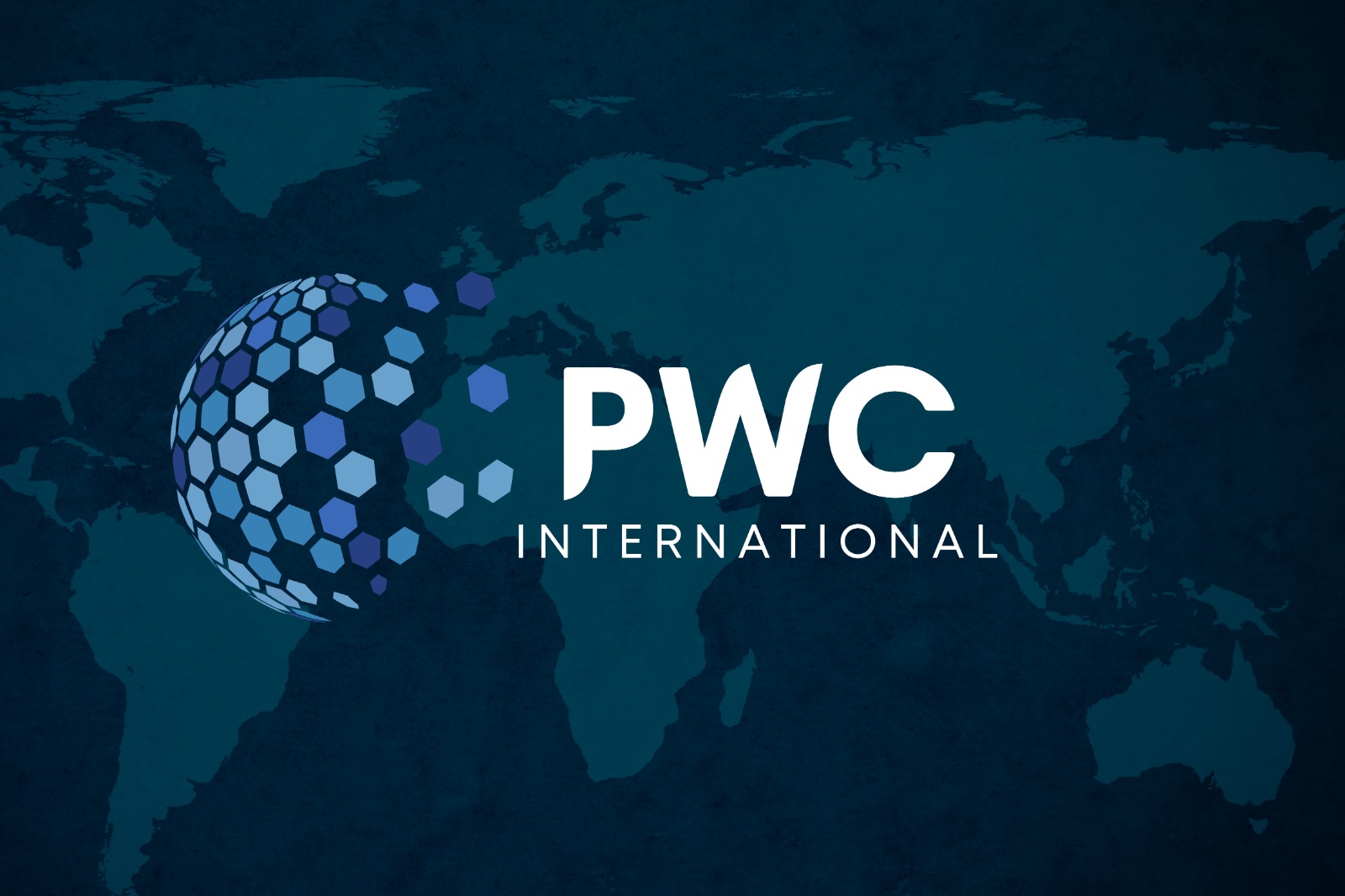Financial stability is the cornerstone of a successful business, especially in times of economic uncertainty. Effective financial management practices can help businesses weather economic storms and achieve long-term sustainability. Here are some best practices for maintaining financial stability, as advised by PWC International’s experts.
1. Conduct Regular Financial Audits
Regular financial audits provide a clear picture of your company’s financial health. By identifying potential issues early, you can take corrective actions before they escalate. Partnering with a trusted financial advisor or auditing firm ensures comprehensive evaluations and accurate financial reporting.
2. Diversify Revenue Streams
Relying on a single source of revenue can be risky. Diversifying your revenue streams helps mitigate risks associated with market fluctuations. Explore new markets, develop new products or services, and consider strategic partnerships to broaden your revenue base.
3. Implement Strong Cash Flow Management
Effective cash flow management is crucial for maintaining financial stability. Monitor cash flow regularly, optimize inventory levels, and negotiate favorable payment terms with suppliers and customers. A well-managed cash flow ensures you have the liquidity needed for daily operations and unexpected expenses.
4. Invest in Financial Technology
Financial technology (fintech) tools can enhance financial management and reporting. From accounting software to financial planning tools, investing in the right technology streamlines financial processes and provides valuable insights into your business’s financial performance.Conclusion
By implementing these best practices, businesses can achieve greater financial stability and resilience. PWC International offers comprehensive financial assessments and advisory services to help you navigate financial challenges and achieve your financial goals.


